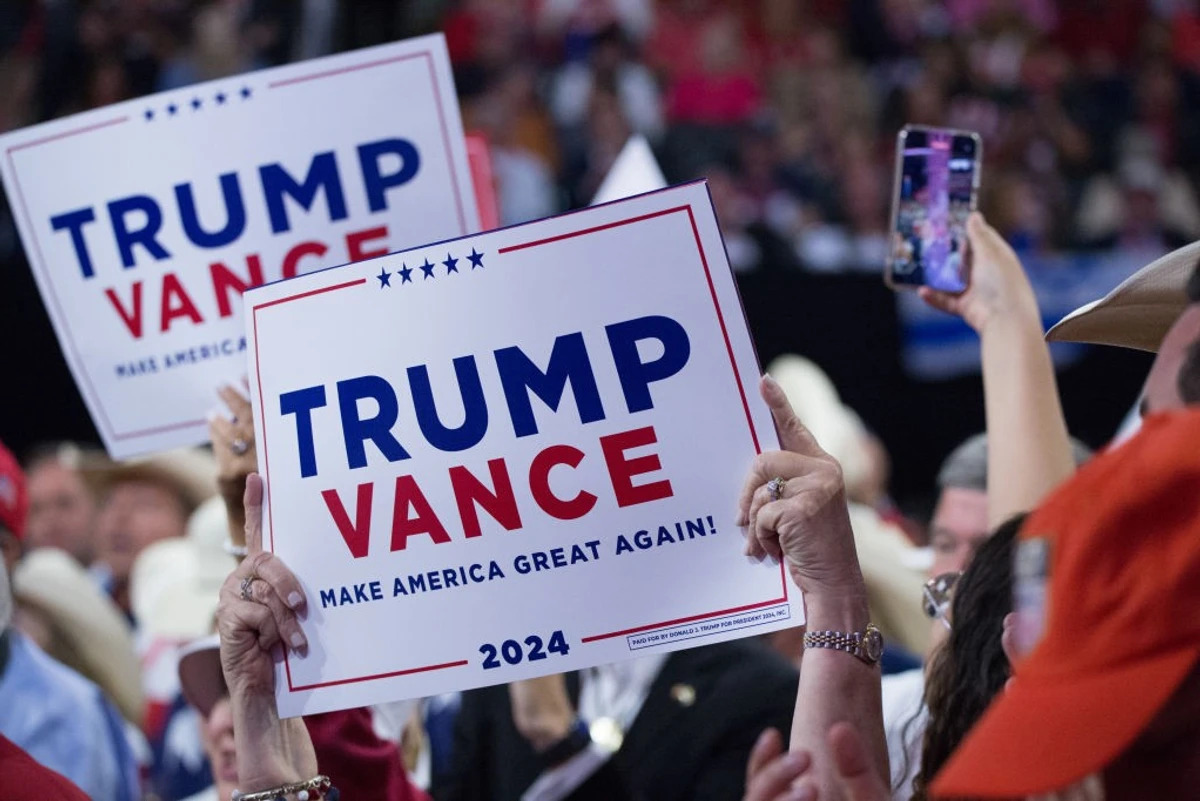A Florida man was arrested for allegedly making “written threats to kill” former President Donald Trump and Senator JD Vance, just days after an attempted assassination of the former president in Pennsylvania.
The Jupiter Police Department announced on Friday that 68-year-old Michael M. Wiseman was arrested on charges of written threats to kill. Authorities claim that Wiseman made these threats against the Republican presidential nominee and vice presidential nominee on his Facebook account, as well as against members of the Trump and Vance families.
According to the police, the threats included intentions to cause bodily harm and were reported by multiple community members. The town of Jupiter, Florida, is located about 20 miles north of Trump’s Mar-a-Lago home in Palm Beach, making the threats particularly concerning.
“JPD coordinated the investigation with the United States Secret Service and the Palm Beach County State Attorney’s Office,” the department said in a news release. “JPD officers took Wiseman into custody without incident.”
The arrest came in the wake of a shocking assassination attempt on former President Trump at a campaign rally in Butler, Pennsylvania, on July 13, 2024. During the rally, as Trump was discussing immigration, the first shot was fired by the would-be assassin.
Corey Comperatore, a firefighter, father, and ardent Trump supporter, was fatally shot in the head. Two other attendees, David Dutch, 57, and James Copenhaver, 74, were critically wounded.
On Sunday, the FBI identified the shooter as Thomas Matthew Crooks, a 20-year-old resident of Bethel Park, Pennsylvania, located about 50 miles from the rally site. Crooks had graduated with an associate’s degree in engineering from a local community college and worked at a nursing and rehabilitation center. Investigators have not yet disclosed Crooks’ motive for the assassination attempt.
The attempted assassination and the subsequent threats against Trump and Vance have heightened security concerns. Republican Speaker Mike Johnson of Louisiana announced plans to create a House task force to investigate the attempted assassination and address the “shocking security failures” at the event.
FBI Director Christopher Wray is scheduled to testify next week at a House Judiciary Committee hearing on the FBI’s investigation into the incident. Additionally, Chairman Jim Jordan (R-OH) has stated that whistleblowers informed the committee that the U.S. Secret Service was “under-resourced” for Trump’s campaign rally due to staffing shortages caused by the NATO summit and an event hosted by First Lady Jill Biden in Pittsburgh, Pennsylvania.
As investigations continue, authorities are working to ensure the safety of political figures and the general public. The recent arrest of Wiseman underscores the seriousness with which threats against public officials are taken and highlights the ongoing efforts to address and mitigate security risks.
SOURCE: FOX NEWS


You must be logged in to post a comment Login